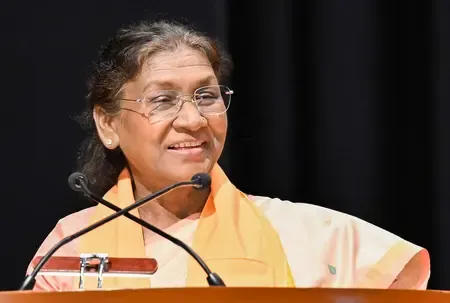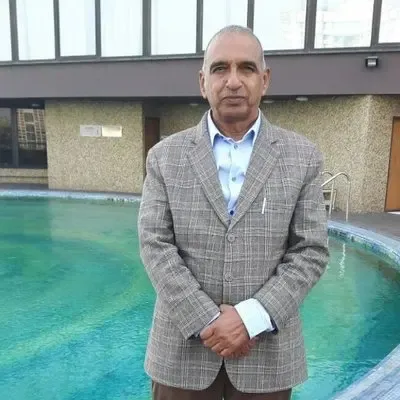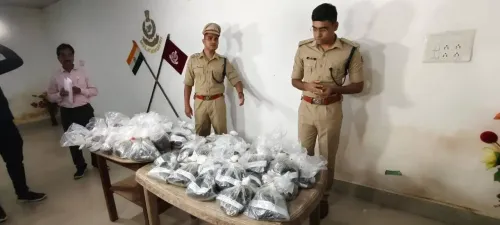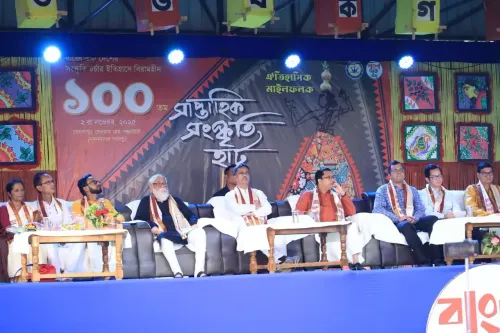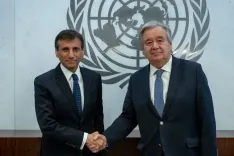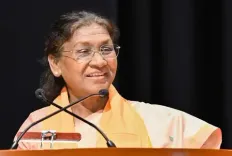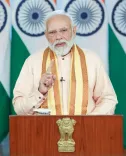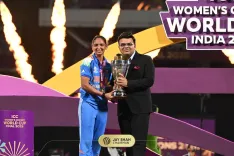Supreme Court Raises Concern Over Freebies Creating Dependency
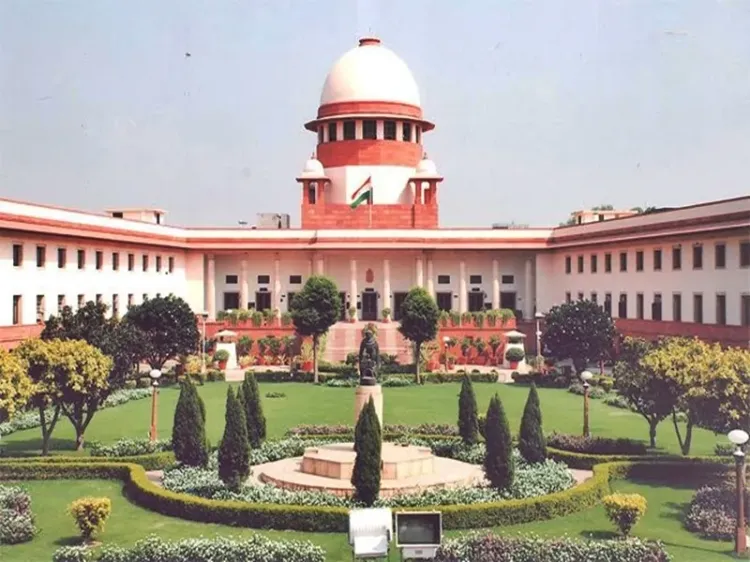
Synopsis
Key Takeaways
- Supreme Court flags freebies
- Concerns about work reluctance
- Need for urban poverty alleviation
- Integration of homeless into society
- Potential for state bankruptcy due to freebies
New Delhi, Feb 12 (NationPress) The Supreme Court on Wednesday expressed concern over the distribution of freebies, indicating that such practices are leading to a reluctance among people to engage in work. “Regrettably, due to these freebies, individuals are disinclined to work. They are receiving free rations and money without any effort! These freebies are discouraging work,” noted Justice B.R. Gavai, sharing insights from his own experiences, while the Bench, which also included Justice A.G. Masih, addressed a petition highlighting the insufficient number of night shelters for the urban homeless in the capital.
“Instead of allowing them to integrate into mainstream society and contribute to national development, are we inadvertently fostering a class of parasites?” Justice Gavai further remarked as the Centre informed the apex court about the Union government's initiatives aimed at alleviating urban poverty, including provisions for the homeless.
The Bench, led by Justice Gavai, instructed the Centre to submit an affidavit within six weeks, outlining the timeline for finalizing and executing the urban poverty alleviation schemes.
Additionally, it requested Attorney General R. Venkataramani to verify the statistics presented by the petitioners regarding the homeless population.
The apex court emphasized the importance of balancing the right to shelter and food with the necessity of integrating homeless individuals into society so they can contribute to the nation's growth.
The issue of freebies is already under examination by the apex court in the Ashwini Kumar Upadhyay case.
In a pending case filed by advocate Upadhyay against electoral freebies, the Supreme Court noted that the enticing promises made by political parties could lead states towards potential bankruptcy and referred the matter to a three-judge panel.
In the 2013 Subramanian Balaji vs Tamil Nadu case, the top court ruled that the distribution of free color TV sets by the DMK after winning the Tamil Nadu Assembly elections could not be classified as a “corrupt” practice.

